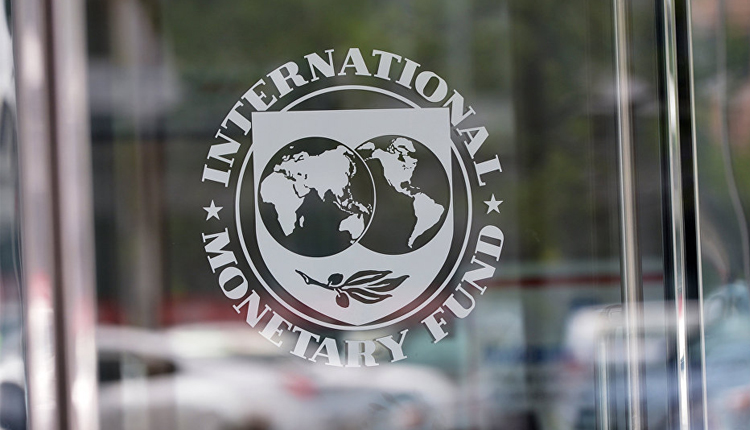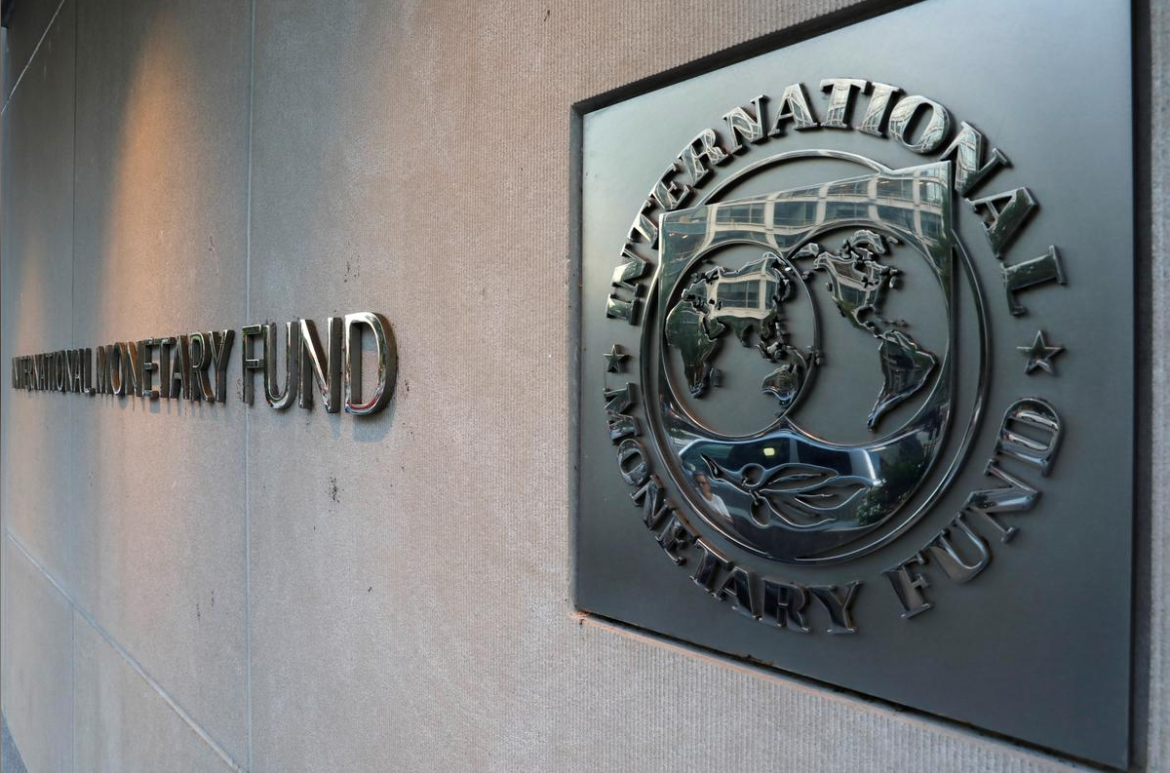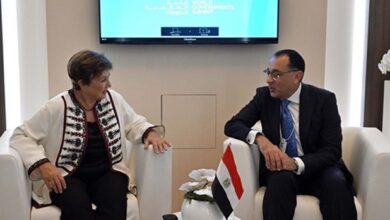Washington/Deauville – The external financing needs of oil-importing countries in the Middle East and North Africa will exceed US$160 billion over the next three years and donor countries must step in to help, the International Monetary Fund said on Thursday.
IMF staff projected that Egypt lost about US$15 billion in foreign exchange reserves over a four-month period until the end of April. Staff also put the country's external and fiscal financing gap at about US$9 billion to US$12 billion for fiscal year 2011/12.
"Pressures on the balance of payments will ease only gradually with continued net capital outflows, and weak tax revenues and higher food and fuel subsidy costs will weigh on the budget," the IMF said.
An agreement on aid for Egypt, which formally approached the IMF for aid earlier this month, could be reached "within weeks," Ahmed said.
In a report to the Group of Eight meeting in Deauville, France, the IMF urged G8 industrial nations and rich Arab partners to develop an action plan that lays out what help they could provide countries in need.
"The region needs to prepare for a fundamental transformation of its economic model," Masood Ahmed, in charge of Middle East and Africa at the IMF, told journalists on the sidelines of a Group of Eight meeting in northern France.
"This will be greatly facilitated if international players including the G8 can enter into strategic partnership with these countries…where incentives are linked to a social agenda."
G8 leaders, meeting in the northern French seaside resort of Deauville for a two-day summit, said in an early draft of their joint statement that they "stood ready" to meet the region's financing needs.
Countries such as Egypt and Tunisia are facing economic pressures following mass protests that toppled their autocratic rulers. Uprisings have also roiled Yemen, Jordan, Morocco and Syria, and left the government of Libya fighting to stay in power.
"In the immediate future, there is a need to restore confidence in the oil-importing countries, which face surging global commodity prices and domestic pressures associated with the initial transition shocks," the IMF said.
The fund also said it was able to provide about US$35 billion to try to stabilize countries' economies.
Over the next 18 months the bulk of the financing will need to come from the international community, the IMF said, because markets were uncertain about the political and economic transitions in countries.
Ahmed said the group of oil importers would need to create 55-70 million jobs, mostly for young people, in the coming decade while stimulating a private sector economy that has long been neglected in favor of state-run businesses.
In addition, countries such as Egypt, Jordan, Lebanon, Morocco, Tunisia and Syria are facing inflationary pressures due to a surge in global food and energy prices, it added.
For Tunisia, IMF staff forecast budgetary financing needs of about $3.7 billion in 2011, or 8 percent of gross domestic product. External financing needs, after foreign direct investment and short-term capital flows, are likely to be $4.4 billion this year, or about 9.5 percent of GDP.
An IMF aid program for Yemen, currently rattled by heavy fighting between supporters of President Ali Abdullah Saleh and opponents who want his ouster, had been suspended until the situation became clear, Ahmed added.



